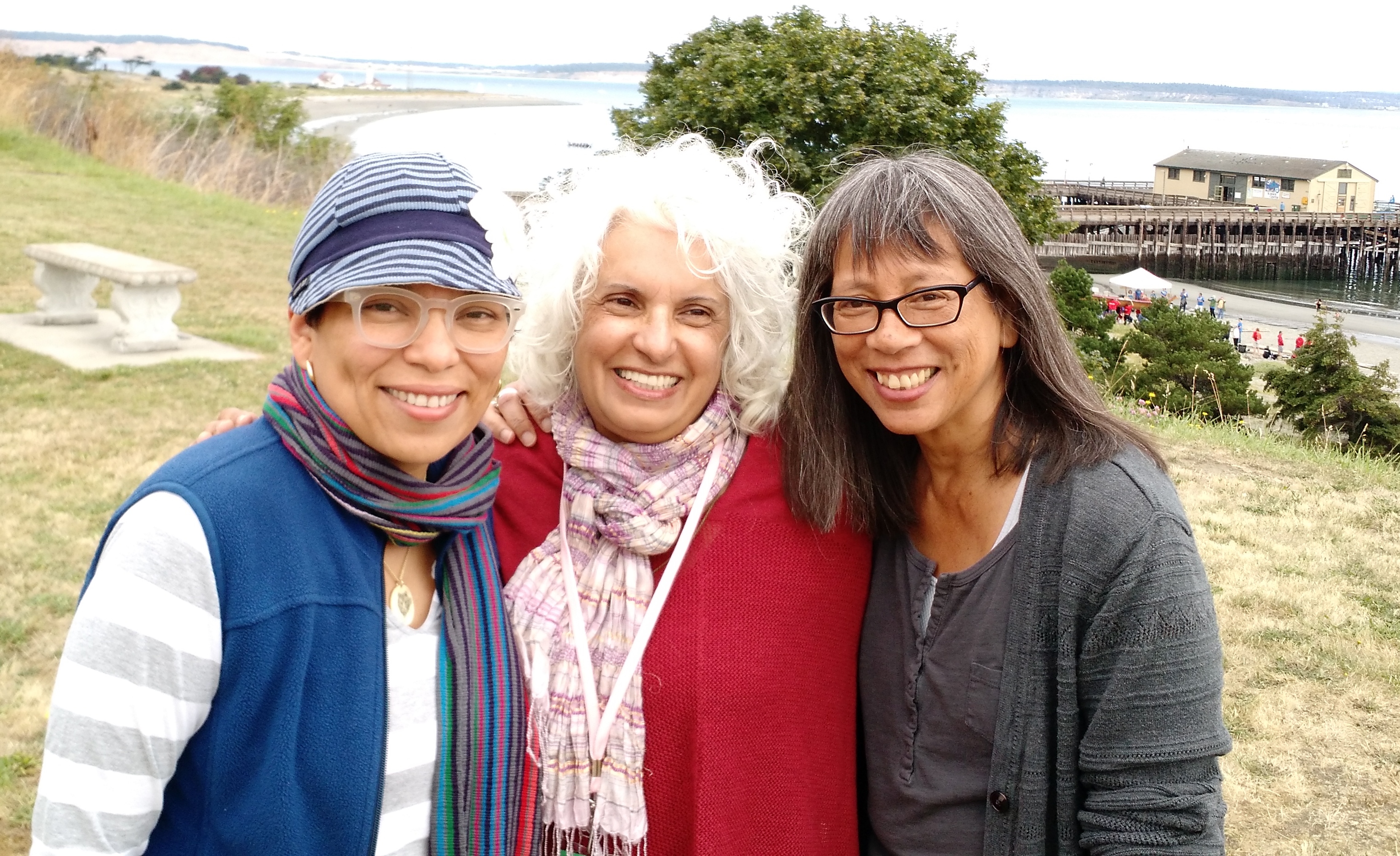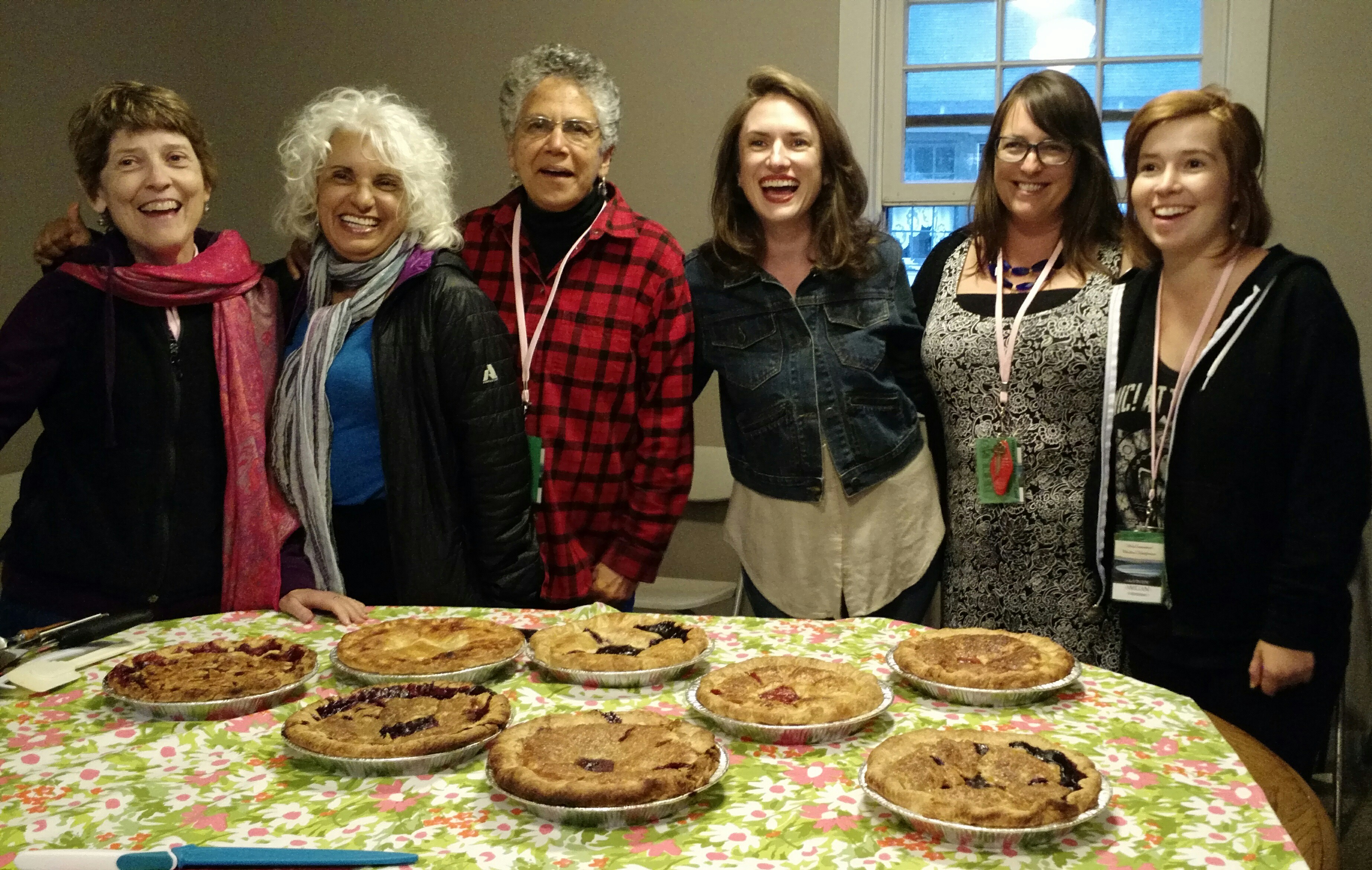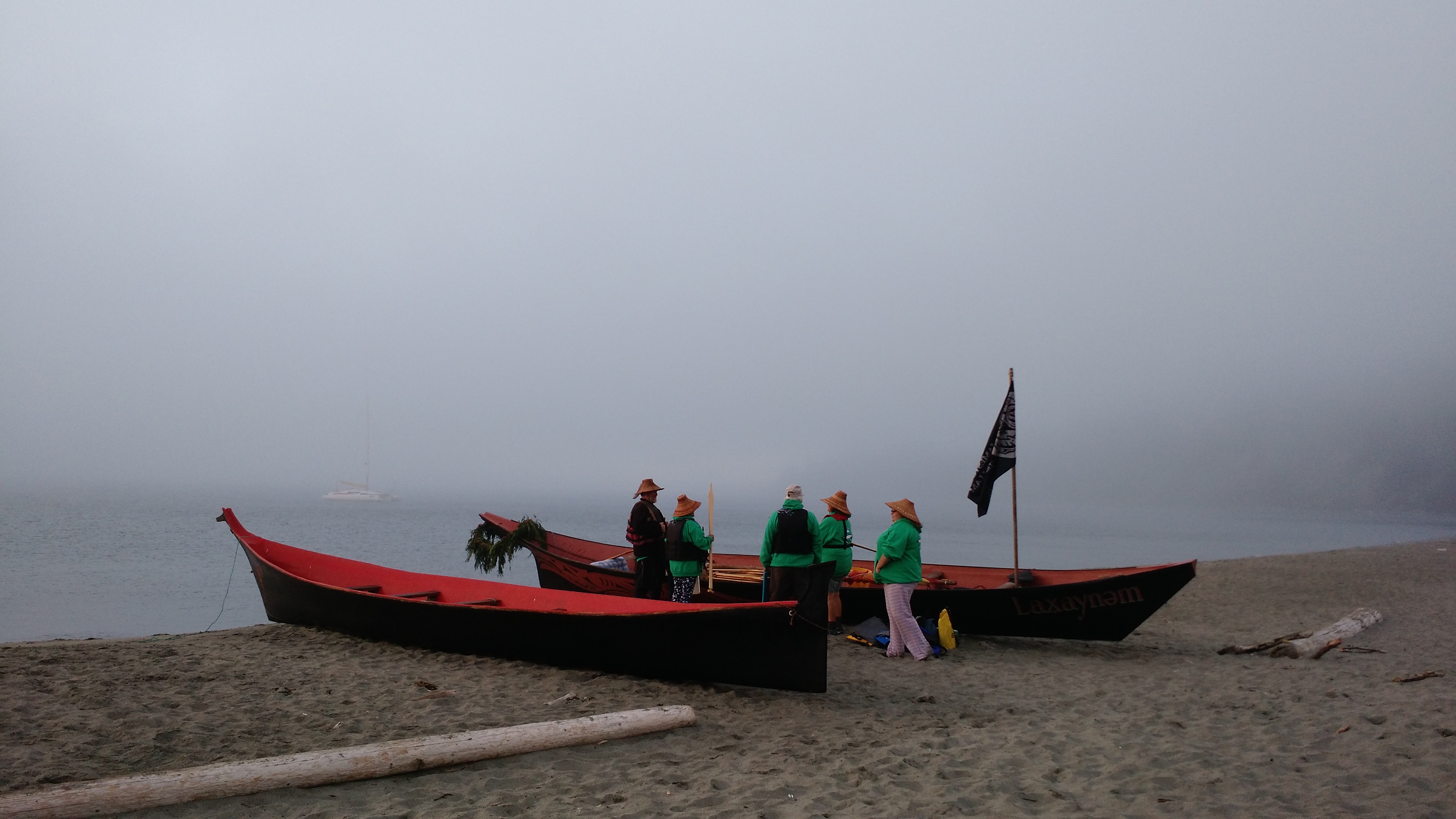Writing, Pie, and Canoes
I’ve written about the Port Townsend Writers’ Conference before here and here. I’m doing so again. I’ve attended the conference six out of the last eight years. Three of those years I enrolled in one of the full morning workshops – a daily, intensive two and a half hours of manuscript critique or generative writing. Three other years, including this one, I opted for the residency – a space to write, a meal plan, and the opportunity to attend faculty readings and craft lectures.
 I shared the week with terrific friends, made new friends, and grinded out a satisfying number of words on my current writing project – enough words and a plot to go with them to claim significant progress.
I shared the week with terrific friends, made new friends, and grinded out a satisfying number of words on my current writing project – enough words and a plot to go with them to claim significant progress.
Because I spent a lot of time in my room writing (and obsessively checking the word tally in the corner of the screen to see how close I was to hitting my daily goal), I only went to a handful of the readings and lectures – an illuminating talk by Pam Houston on dialogue (two agendas fighting for control of a scene); a thoughtful and absorbing talk by Kwame Dawes on “history, poetry and contemporaneity”; a tantalizing preview of Helena Maria Viramontes’s new novel set in 1940s L.A., and a punch-in-the-gut essay by Debra Gwartney that riveted us to our seats until the end when we were on our feet.
Each afternoon, participants could choose from an array of hour-and-a-half workshops on various aspects of craft or the writing life. Among them were Stories Within Stories (Shawn Vestal), How to Sharpen a Knife (Gary Copeland Lilley), Carnal Knowledge (Melissa Febos), and Who Are You Like in Your Writing Habits? (Susan Landgraf).
Jourdan Keith offered one called Trouble the Waters which was geared toward women, people of color, and LGBTQ writers whose relationship with the natural world and environmental issues is not reflected in the mainstream environmental movement. She invited us to consider the connections between our cultural history, personal life, and environmental concerns.
Among the workshops on the essay taught by Sayantani Dasgupta was Your Life in Parts: Writing the Segmented Essay which helped me discover the glimmerings of a piece I want to write about crossword puzzles, language, sibling love and rivalry, and the surprising things that connect us to our parents. (Sayantani opened the conference with a reading from her TWO (!) new books of essays.)
Aside from my writing and the occasional faculty lecture or reading, I indulged in some extracurriculars. Pie and Whiskey Night was one of them. Poet, essayist, and pie maker  Kate Lebo, whose writing is as delicious as her pies, recruited writers from her afternoon class on writing personal essays about food. Together they created eight gorgeous fruit pies – cherry, peach, and blueberry lemon, to name a few. I had my heart set on the blackberry mint pie. Because I am often near the front of any food line, I was able to secure my desired and very delicious sliver (eight pies divided among 100 or so people meant sliver-sized servings).
Kate Lebo, whose writing is as delicious as her pies, recruited writers from her afternoon class on writing personal essays about food. Together they created eight gorgeous fruit pies – cherry, peach, and blueberry lemon, to name a few. I had my heart set on the blackberry mint pie. Because I am often near the front of any food line, I was able to secure my desired and very delicious sliver (eight pies divided among 100 or so people meant sliver-sized servings).
I also spent time biking the hilly streets of the town, walking on the beach or in the woods, or just staring out my window at the piles of clouds in the morning that often gave way to blue skies in the afternoon and a sharp breeze in the early evening, not to mention the full moon shimmering on the waters of Admiralty Inlet.
Then there was the wildlife. Claudia Castro Luna stared down a snake on the trail; Catalina Cantu twice watched otters and naked people emerge from the surf; and Jourdan, who was camping in the woods, awoke to birds each morning. We all saw deer everywhere.
Again this year, the Tribal Canoe Journey landing coincided with the conference. The canoe journey is an inter-tribal gathering of Northwest indigenous nations. Each year, a different nation hosts other nations that journey from coastal communities of Alaska, British Columbia, and Washington with designated landings along the way. This year the Nisqually Tribe hosts the Paddle to Nisqually 2016. The trip can take up to a month.
The canoes landed at Fort Worden beach on the last full day of the conference. From my room on the bluff facing the water, I could hear the drumming and singing through the night. In the early morning, many of us watched the canoers depart for their next landing. It was a reminder that though we walked the beaches now, and attended craft lectures and readings in a historic fort in a seaport town known for its Victorian architecture, this land was once indigenous land and the canoe was the mode of transportation on its surrounding waters.
Writing and pie! Two of my favorite things. Sounds like an awesome conference this year.
Thanks for sharing your wonderful experience. Looking forward to reading the fruits of your labor